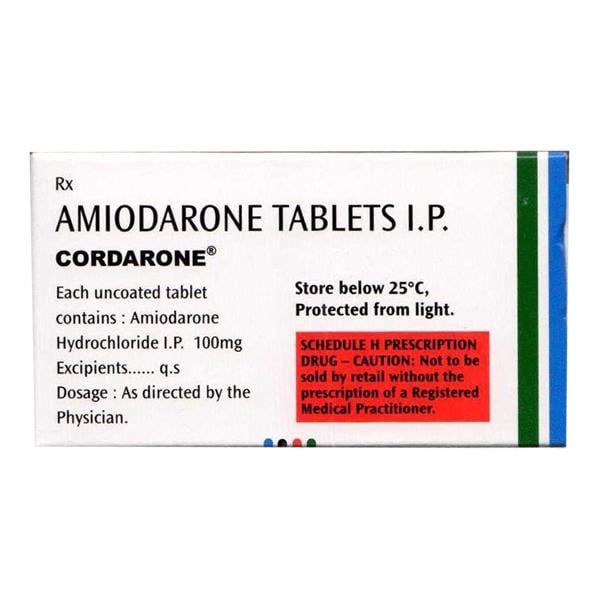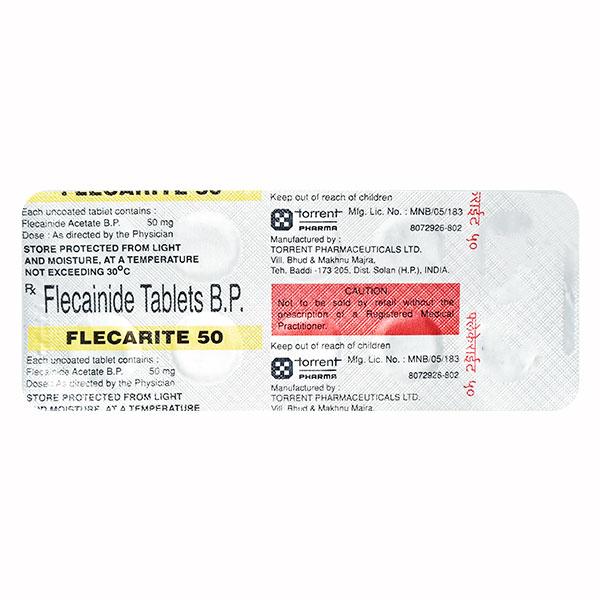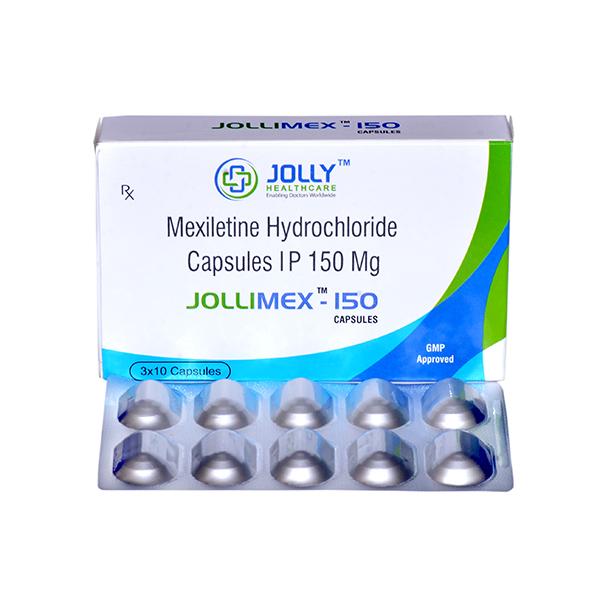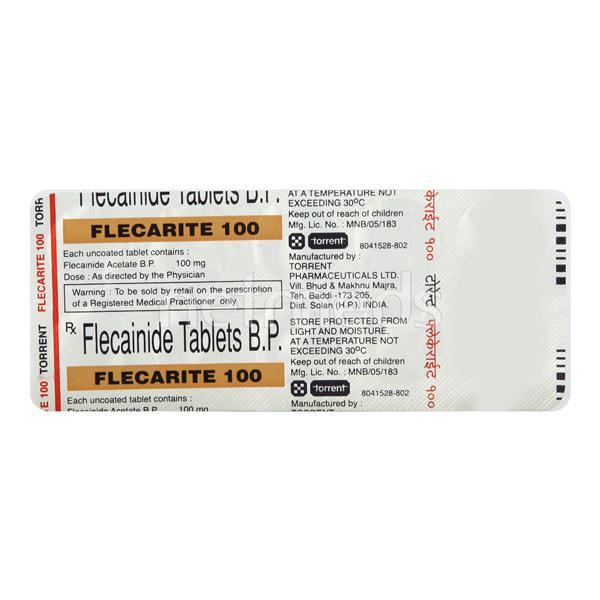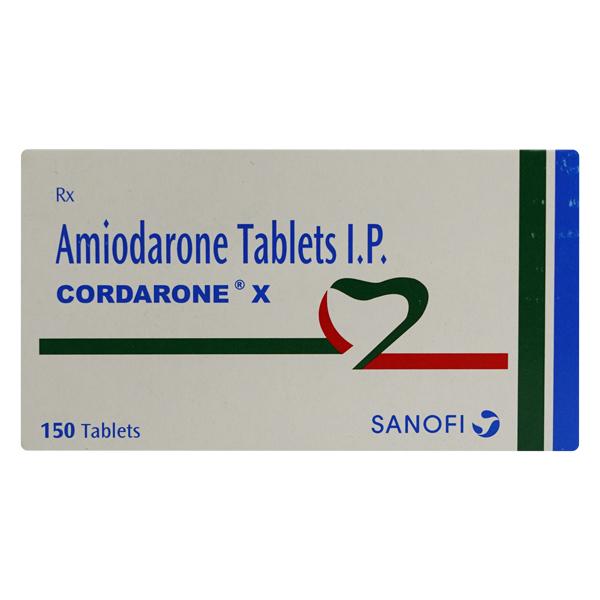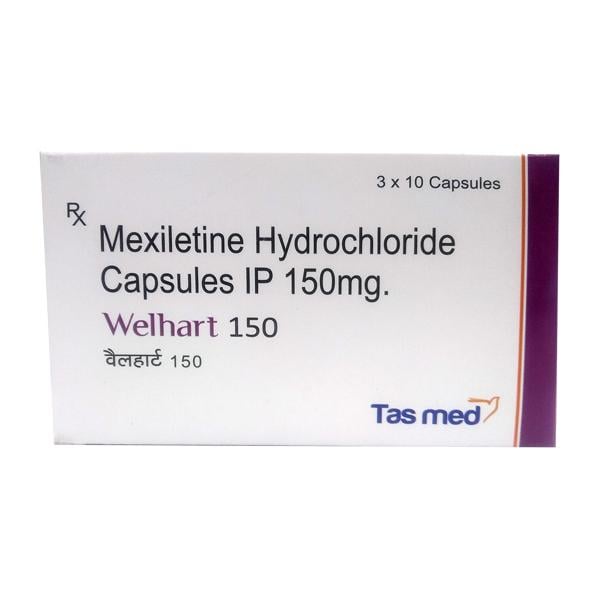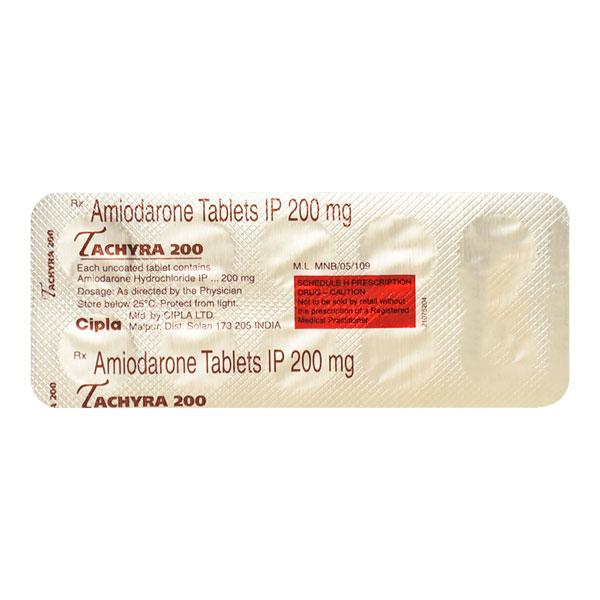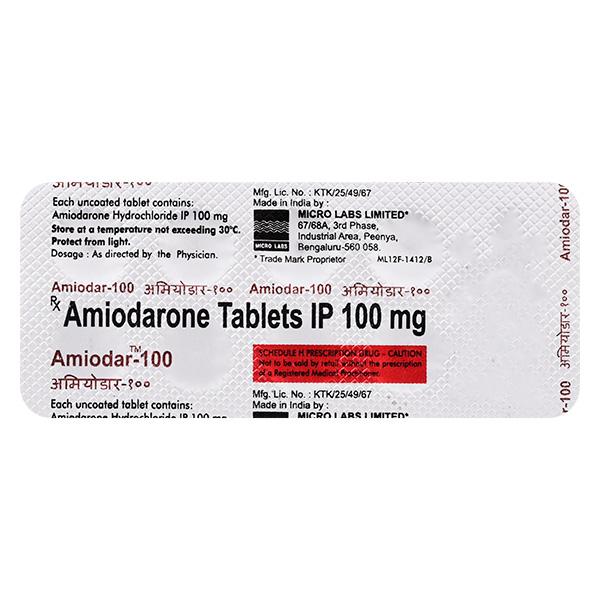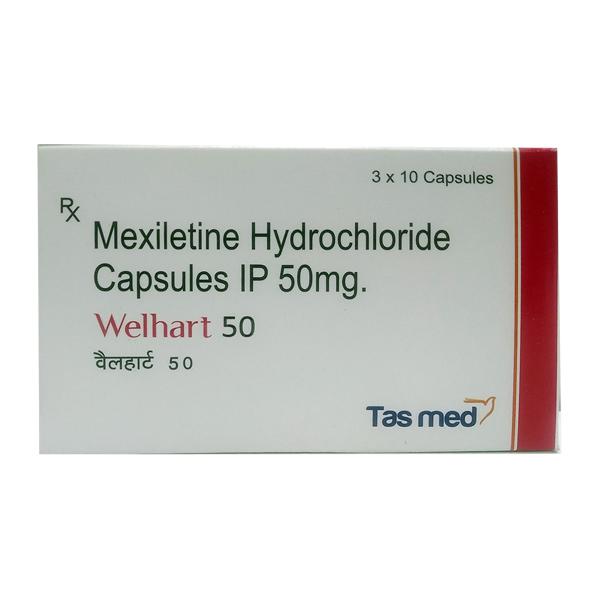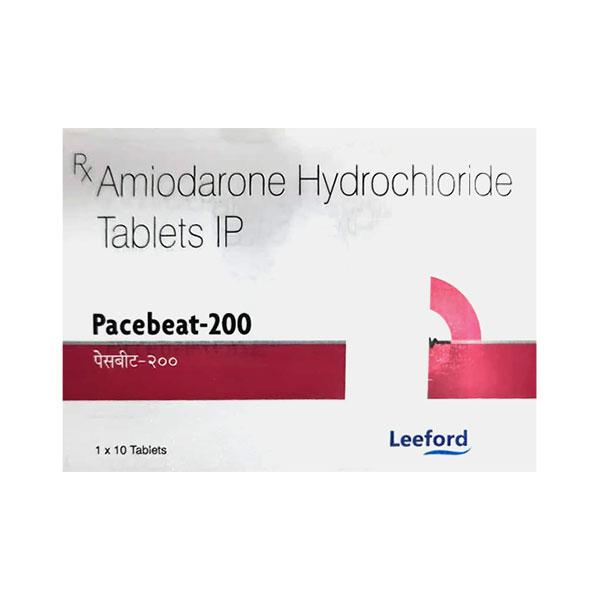


Arrhythmiasis Drugs & Injections
Showing results in 'Arrhythmiasis Drugs & Injections'
Arrhythmia - Overview
Arrhythmia is a medical condition in which the heart beats irregularly or at an abnormal rate. It can be caused by a variety of factors, including heart disease, high blood pressure, stress, and certain medications. Arrhythmias can be mild or severe, with some potentially life-threatening conditions. Common symptoms include palpitations, dizziness, fainting, and shortness of breath. Diagnosis is usually made through an electrocardiogram (ECG), which records the heart's electrical activity. Treatment options range from lifestyle changes and arrhythmia medications to procedures such as cardioversion or ablation. Management of underlying conditions and lifestyle modifications such as exercise and stress reduction may also be recommended to prevent the recurrence of arrhythmias.
Types Of Arrhythmia
There are different types of arrhythmia, including:
Usage Of Medicine for Arrhythmia
There are several medications used for arrhythmias, including Antiarrhythmic agents, beta blockers, calcium channel blockers, and blood thinners. Beta blockers and calcium channel blockers slows the heart rate and reduce the force of contractions. Digitalis, such as digoxin, can help strengthen the heart's contractions. Arrhythmia drugs helps to maintain a regular heart rhythm. Also, blood thinners reduce the risk of blood clots in the heart.
References:
- Atrial fibrillation (AFib): Rapid and irregular beating of the upper chambers of the heart
- Ventricular tachycardia (VT): Rapid and regular beating of the heart's lower chambers
- Supraventricular tachycardia (SVT): Rapid heartbeat originating above the ventricles
- Bradycardia: Slow heartbeat, less than 60 beats per minute
- Premature ventricular contractions (PVCs): Extra heartbeats that disrupt the normal rhythm of the heart
- https://www.nhlbi.nih.gov/health/arrhythmias#:~:text=An%20arrhythmia%2C%20or%20irregular%20heartbeat,down%20while%20resting%20or%20sleeping.
- https://www.nhlbi.nih.gov/health/arrhythmias/types
- https://www.heart.org/en/health-topics/arrhythmia/about-arrhythmia
- https://www.ncbi.nlm.nih.gov/books/NBK558923/
- https://www.nature.com/subjects/arrhythmias





